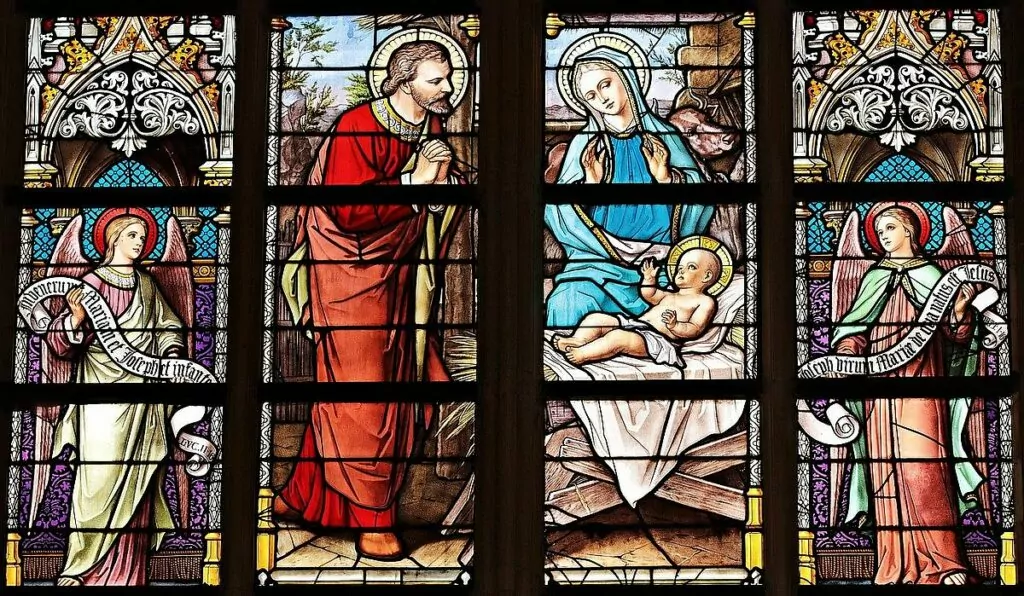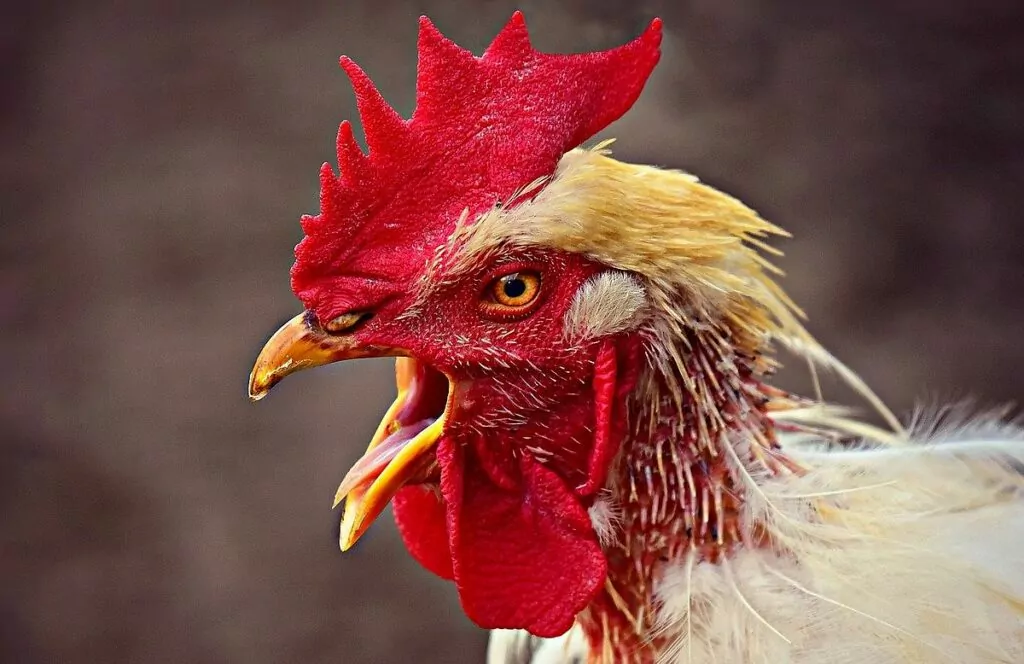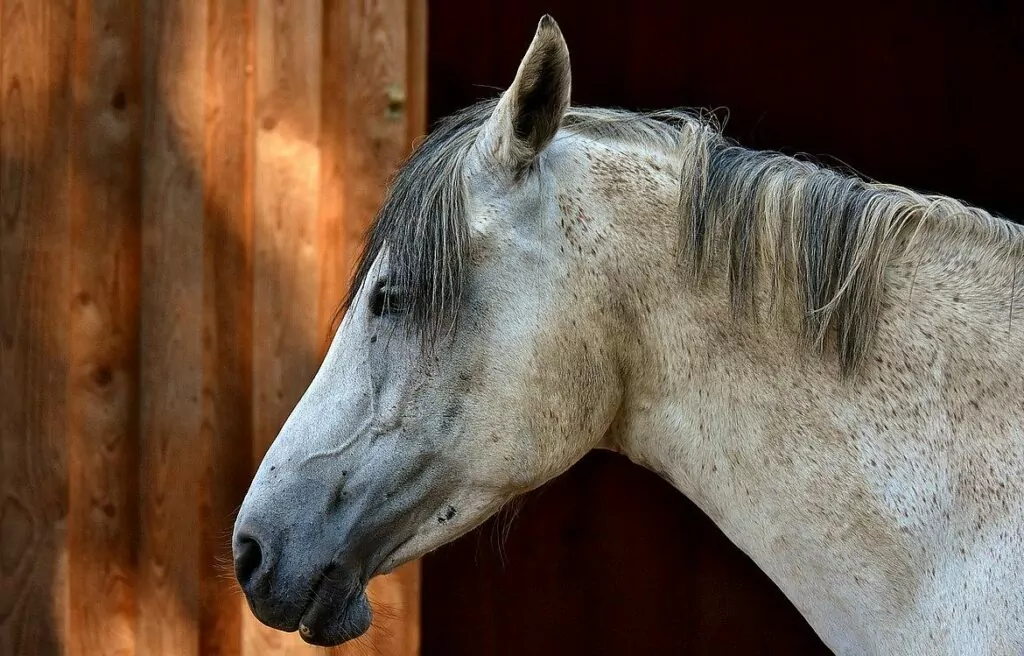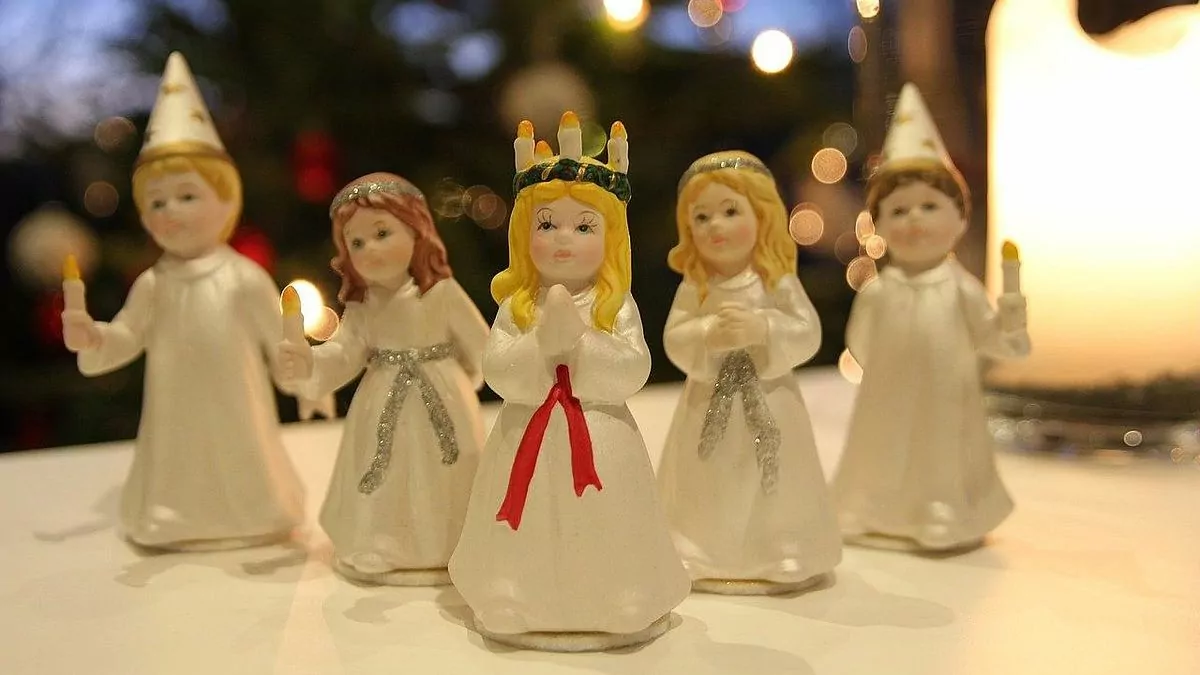We sing about Staffan Stalledräng at Lucia. But who was he really? Why did he water his feet and what does it have to do with Lucia? We have read up on and delved into the legends about Stephen.
Table of contents
Who was Staffan Stalledräng?
On St Lucia, we are used to hearing the various Staffan songs. Staffan waters his furs and rides the apple-grey horse himself. But who was he, and why do we sing about him? We were curious to learn more and have read up on him, including at Historical Museum and on Wikipedia.
Staffan was a stable boy,
we thank you so much,
he waters his fields five,
all for the bright star.
No daylight appears yet,
the stars in the sky they shine.
Staffan was a stable boy, stable boy, stable boy.
He watered his pits five, five, five, five pits.
The stars shine so bright.
Guys let's be funny.
Only once a year we have a merry Christmas.
Staffan Stalledräng - Stefanos the Saint
When we sing about Staffan Stalledräng on St Lucia, we are actually singing about the martyr St Stephen (Stefanos) who died in the... Jerusalem around 35 AD. The story of him and his martyrdom is found in chapter 7 of the Acts of the Apostles. In the Roman Catholic Church, Stephen is venerated as a saint on 26 December. Today in Sweden, the martyr gets the most attention on 13 December, when we sing "Staffan was a stable boy".

The legends of Staffan Stalledräng
There are several legends about Staffan Stalledräng. According to the Acts of the Apostles, he was stoned to death after Jesus' death, but according to some legends he died at the time of Jesus' birth. According to the Bible, he was a leader in a Christian community, but it is sometimes said that he was a stable boy for King Herod in Jerusalem. The thing about legends, of course, is that you can't take them too literally.

The legend of the "Tuppundret"
One of the most intriguing legends is about the so-called 'Rooster Fund'. According to this legend, on Christmas night Stephen saw the Star of Bethlehem. He realised that this was a sign that the King of the Jews had been born and rushed to Herod to tell him the news.
Herod would not take Stephen's word for it, saying it was as likely as the roast cock on his plate rising up and crowing. And then it did just that! According to some versions, the rooster even exclaimed "Christus natus est" (Christ is born).
King Herod was terrified when he realised how powerful the newborn king must be, and it was now that he decided that all the baby boys must be killed. What happened to our dear Staffan Stalledräng? He was taken prisoner and stoned to death.

The legend of Staffan Stalledräng and the traps
Another legend, which became popular in medieval Scandinavia, is that on Christmas night Stephen (Staffan) rode out to a spring to water Herod's horses. One of the horses saw a reflection of the Star of Bethlehem in the water and was so frightened that it froze and refused to drink.

Staffansritt or 'Staffansskede'
In the 18th century, horse races (sometimes called 'skeden') were commonly organised in connection with the celebration of St. Stephen. According to some sources, horse riding competitions linked to St. Staffan were organised as early as the 13th century. And if you google, or check #staffansritt, it seems that in some places the tradition is still being kept alive.
In the past, it was common for the young men of the area to ride into the village. The rides were sometimes accompanied by singing and spectacle. However, the church was not so keen because the 'star boys' liked to consume a lot of alcohol and sometimes caused trouble.

From Boxing Day to Lucia
The celebration of St Stephen was originally linked to St Ann's Day and still today St Stephen and Staffan have a name day on this day. The day has sometimes been called "Stefanidagen" or "Staffansmäss". In the past, both the Staffan song and the Staffan ride were linked to Boxing Day.
Instead, today we sing about Staffan Stalledräng on Lucia on 13 December. The song (which exists in different versions) is sung by the star boys in the Lucia train, or by the whole train.

So, who was Staffan Stalledräng?
According to the Bible, Stephen, St Stephen or St Stephen was a deacon and is regarded as Christianity's first martyr other than Jesus. He may never have been a stablehand, but when the legends were brought to the Nordic countries, the link to horses was strengthened so that the stories would resonate well with us Norse. In Nordic tradition, the horse was important and Christmas was a time to take extra care of your horses.

Pictures in the post, except for the picture from Jerusalem and the picture of us, are borrowed from Pixabay.

















Matts+Torebring says:
I have to say that I think you are admirable, that you always get involved in history and search for facts. I didn't know anything about Staffan's stable boy. When I went to Sunday school in the early 1950s, I painted my own fantasy pictures. I placed them in the meadow down by the lake where we lived. I can go back to the meadow at any time and point out many of the Bible stories, especially when Stephen was stoned. Right now I am reading in my Bible, about David meeting Goliath. I also have a place for that in the meadow.
13 December 2020 - 8:47
Helena says:
Thank you Matts! We find history interesting and holidays and their traditions have always fascinated me. They say so much about so many different times throughout history. Lovely with these fantasy pictures! (Even if the stoning is horrible of course.)
13 December 2020 - 17:26
Nils-Åke+Hansson says:
We sat in front of the TV, but not at 7 a.m. We tuned in after breakfast. Whenever possible!
13 December 2020 - 9:27
Helena says:
Nice to be able to postpone it a bit! 🙂
13 December 2020 - 17:26
BP says:
Totally agree with Matts. I also had no idea about Staffan Stalledräng. Honestly, I did not know that Stefano existed either. You are a real encyclopaedia:-)
13 December 2020 - 16:35
Ninny says:
Very interesting to read about both Staffan and Lucia!
Hope you had a nice Lucia day today! I myself have been out in the forest hiking in the grey weather. Not seen a single Lucia - but of course we had lussekatter and gingerbread in our backpack...!
13 December 2020 - 20:39
Ruth in Virginia says:
Really interesting! Have sung the song about Staffan
but never thought about why he was in the "gang".
You learn a lot by following certain blogs.
"No better burden thou bearest on the road than much knowledge."
14 December 2020 - 11:18
black mixer tap says:
Nice article, I will keep reading your articles
14 December 2020 - 11:20
Ingrid says:
Too bad you can't do something fun 1 out of 5 stars
23 December 2023 - 16:31